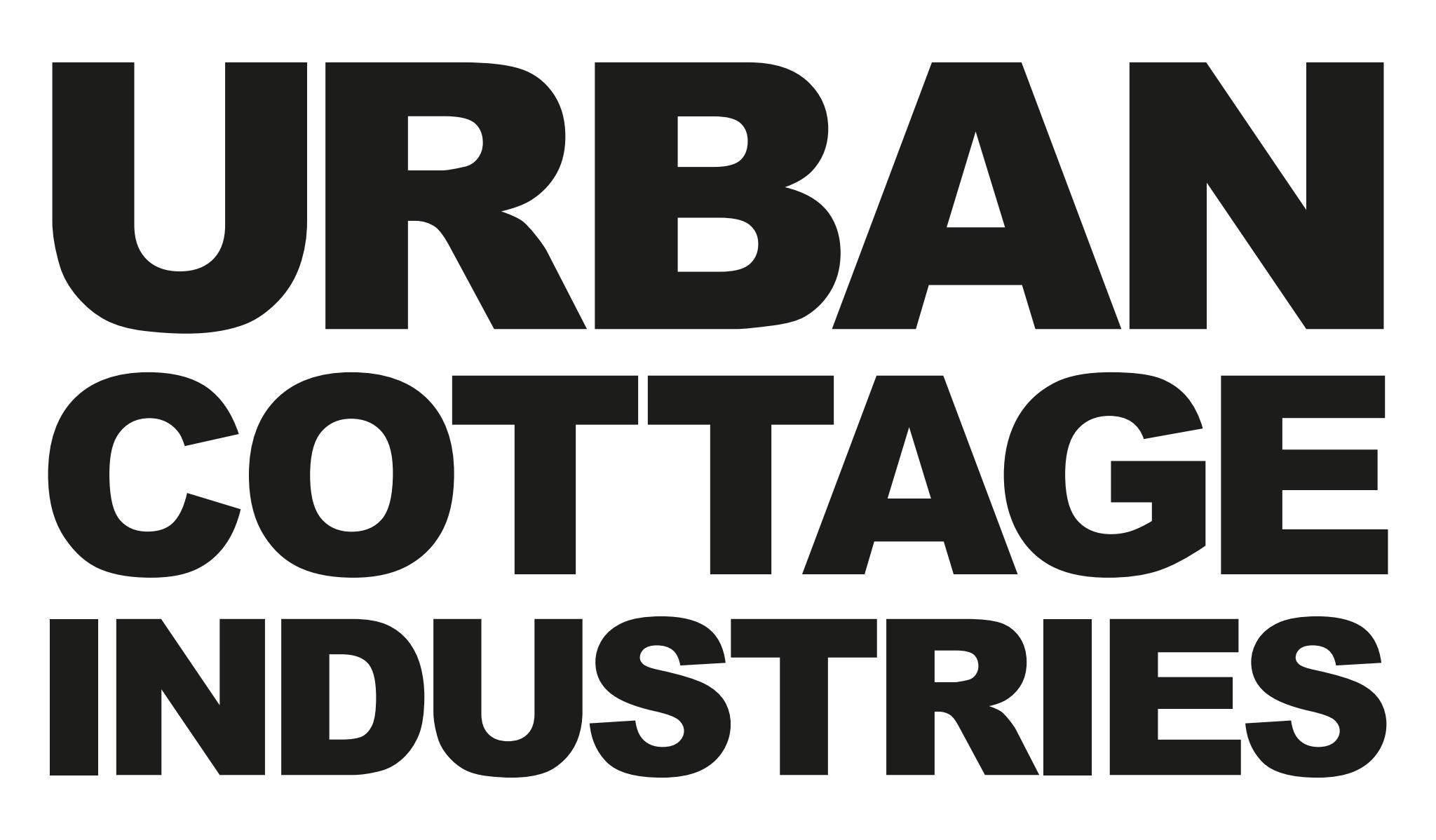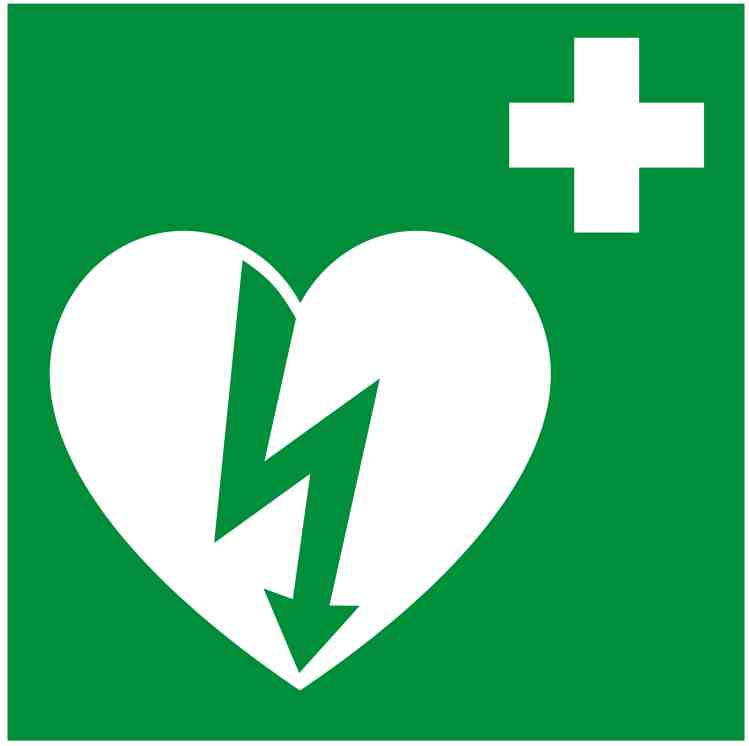The words ‘health and safety’ inevitably bring to mind stories about overzealous teachers outlawing conkers and bumptious bosses banning Christmas decorations.
We’ve not had a sense of humour bypass here at Urban Cottage Industries and we are only too happy to mock the officious, but we do take the well-being of our employees and customers seriously. We’d like to explain why health and safety is a matter of life and death and tell you about our latest potentially life-saving investment. The figures from the UK Health and Safety Executive (HSE) are chilling. Last year 173 workers were killed and 111,164 suffered a major injury at work. Behind the statistics are, of course, the untold stories of individual pain and suffering, and the tragic loss experienced by friends and family.
First aid training
As we grew beyond a few employees, we looked at our basic legal duty to provide enough trained people ‘as is adequate and appropriate in the circumstances for the rendering of first aid’ and planned what to do. The HSE’s guidance suggests one trained first-aider for between five and 50 employees and another for every 50 workers after that. This ratio seems utterly inadequate to us: what happens if the first-aider is on holiday or two people get injured in the same incident? We thought about it and talked about it and decided the safest and simplest solution was that all of us - perhaps at that time four or five people - should get emergency first aid training. Finally, and getting to the point of this post, when we started first-aid training we found out some really important stuff about out of hospital cardiac arrests - or OHCA as the medical professionals call them - and how to survive them. If someone dies at work from an OHCA, then they are unlikely to be counted in the HSEs figures for fatalities at work - deaths from heart attack are only notifiable if brought on by trauma due to an accident at work and not from natural causes. We realised there are lots more deaths at work than are accounted for in the HSE’s figures.How to survive a cardiac arrest
Looking at the OHCA statistics, there are approximately 60,000 in the UK each year. The international average survival rate for OHCA in adults is poor at about 7% and figures from the UK indicate big differences in survival rates - between 2.2% and 12% leave hospital alive. Medical science has asked the obvious question: why do survival rates vary from as good as one in seven to as bad as one in 50? The answer is that while some of the difference is probably to do with how the numbers are counted, a lot of the difference is down to quality of treatment. Here is the headline information on surviving an OHCA:- Having someone there to call for help and provide immediate first aid is critical - it buys you time until the arrival of paramedics. Survival is rare if you do not get help from a bystander and have to wait for the arrival of emergency medical personnel.
- Cardiopulmonary resuscitation or CPR is of crucial importance. CPR was discovered by accident in 1892 and has now been accepted as an important technique for over 50 years. CPR maintains the blood supply to your heart and brain, albeit at much reduced levels. It also keeps electrical activity going in your heart, a key factor in survival.
- High quality CPR is very important: it needs to start quickly; there needs to be minimal interruption; it’s got to be hard - compressions of at least 5cm in adults; it’s got to be fast - between 100 and 120 pushes per minute; and there’s got be full chest recoil or release of pressure. If you do not get good CPR then there’s not enough blood being forced round your body and you are going to die.
- The final piece of the survival jigsaw is defibrillation - delivering an electric shock to the heart to try to re-establish normal heart rhythm. Rapid defibrillation is the best way to get a heart going again. Technological developments over the last 30 years mean that automatic external defibrillators - or AEDs - which can be used by members of the public are available.





Leave a comment
This site is protected by hCaptcha and the hCaptcha Privacy Policy and Terms of Service apply.